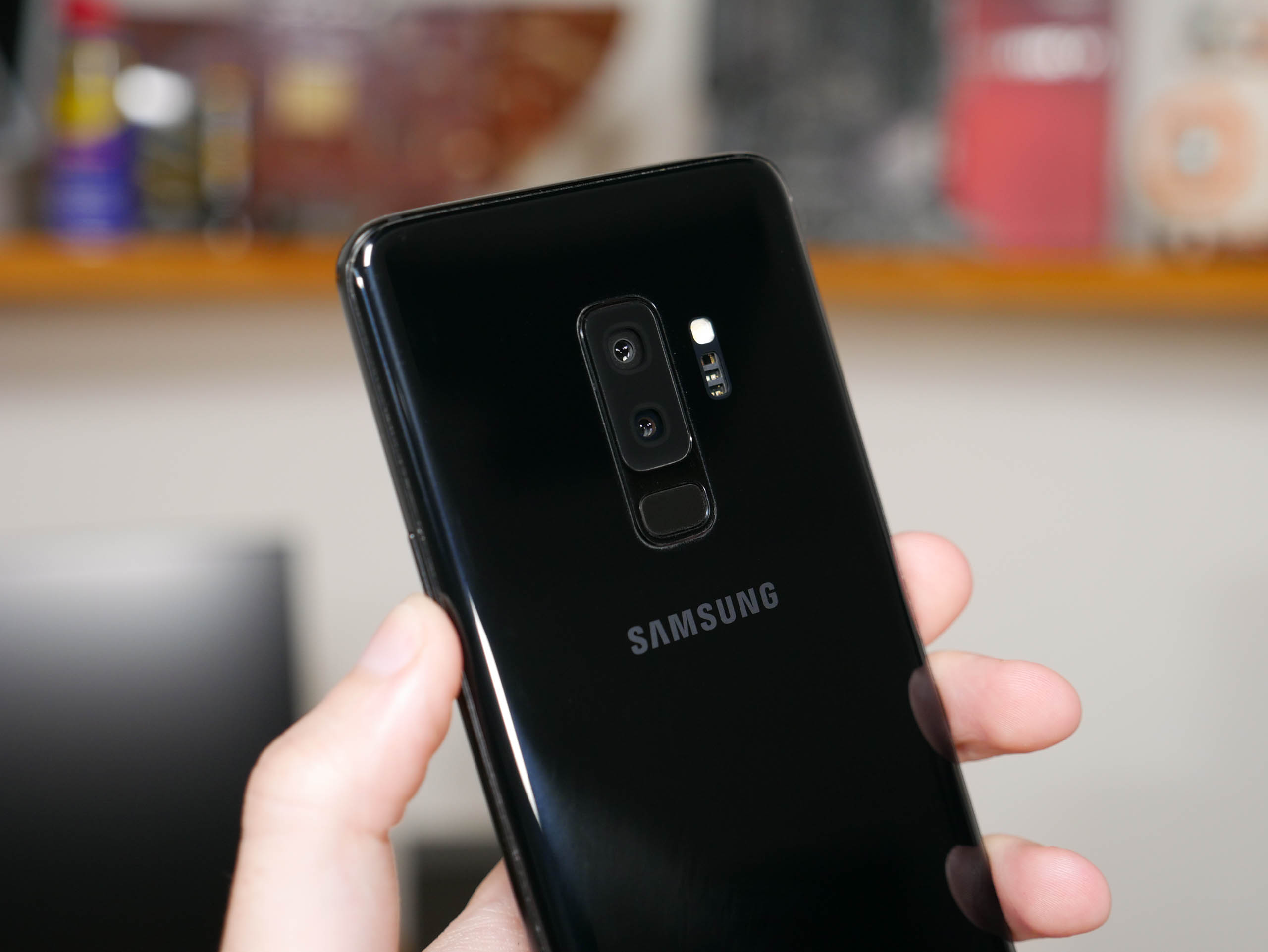Battery Life
It's again important to reiterate we have the Exynos model of the Galaxy S9+ in for testing, so the following battery life results only reflect the battery life you can expect from that model. From what we've seen so far in other reviews, the Snapdragon 845 model appears to perform better in battery tests.
In any case, both Galaxy S9+ models include a 3500 mAh (13.48 Wh) battery, while the smaller Galaxy S9 we haven't tested packs a 3000 mAh (11.55 Wh) cell. These are the exact same battery capacities as last year's Galaxy S8+ and Galaxy S8, so ideally we should be seeing equivalent or better battery life in the newer Galaxy S9.
Unfortunately, as far as the Exynos model of the Galaxy S9 is concerned, that's not really the case. In almost every situation we're looking at lower battery life as you can see from our tests below, which is disappointing from what is a brand new, high-end flagship.


For web browsing battery life we have two benchmarks that run the same test on both Wi-Fi and LTE networks. In the Wi-Fi test we saw a pretty large decrease in battery life, almost 23 percent, which has the Galaxy S9+ falling well below some of the better phones on the market like the Pixel 2 XL and Huawei Mate 10. The Galaxy S9+ manages to outperform the Galaxy S8+ in the LTE test, but only by 3 percent and that's not enough to match the best Snapdragon-powered handsets.


We also run two PCMark battery life tests, the Work and Work 2.0 tests, both of which show lower battery life for the Galaxy S9+. In the older Work test, the S9+ falls 15 percent behind the S8+, while in Work 2.0 we're looking at a similar 12 percent reduction. These results aren't good and indicate the Exynos 9810 is less efficient at running everyday workloads than the older Exynos 8895. When you factor in the unimpressive performance difference between the two SoCS, it's a disappointing result.

After seeing these PCMark results, it's no surprise to see similar battery life drops in the graphics-heavy GFXBench tests, both the T-Rex and Manhattan 3.1 workloads. In fact, the performance decrease is even larger here, at up to 20 percent in the GPU-limited Manhattan test, and while we don't always expect to see better battery life in SoC heavy tests, this large decline in battery life doesn't seem warranted given the Exynos 9810 is barely faster than the Exynos 8895 in long-term GPU performance in the exact same Manhattan 3.1 test.

Another test we run is Basemark Web 3.0, which is relatively processor intensive compared to the other benchmarks. Here we see an 11 percent battery life drop with the Galaxy S9+ relative to the Galaxy S8+.


If you're wondering about video playback battery life, it's not good news for the Galaxy S9+ again. When streaming a 4K HEVC video over Wi-Fi, the Galaxy S8+ lasted almost two hours longer.
It's brighter news in our 1080p local video playback test run at maximum brightness, but again the Galaxy S9+ produces lower battery life than the Galaxy S8+.


The Galaxy S9+ also takes longer to charge using the charger included in the box. In the crucial 20 to 80 percent charge test, the S9+ takes almost exactly an hour to charge, while the Galaxy S8+ shaves off 11 minutes for what is essentially the same battery capacity. I was a little surprised at these results, though lately Samsung has been taking a more conservative approach with their battery technology.
All up, though, you can expect the Galaxy S9+ to produce roughly 10 to 15 percent less battery life than the Galaxy S8+ from the same battery capacity, same display size and technology, and what should be a more efficient processor. Couple that with unusual performance and the Exynos model is looking like a bust.
